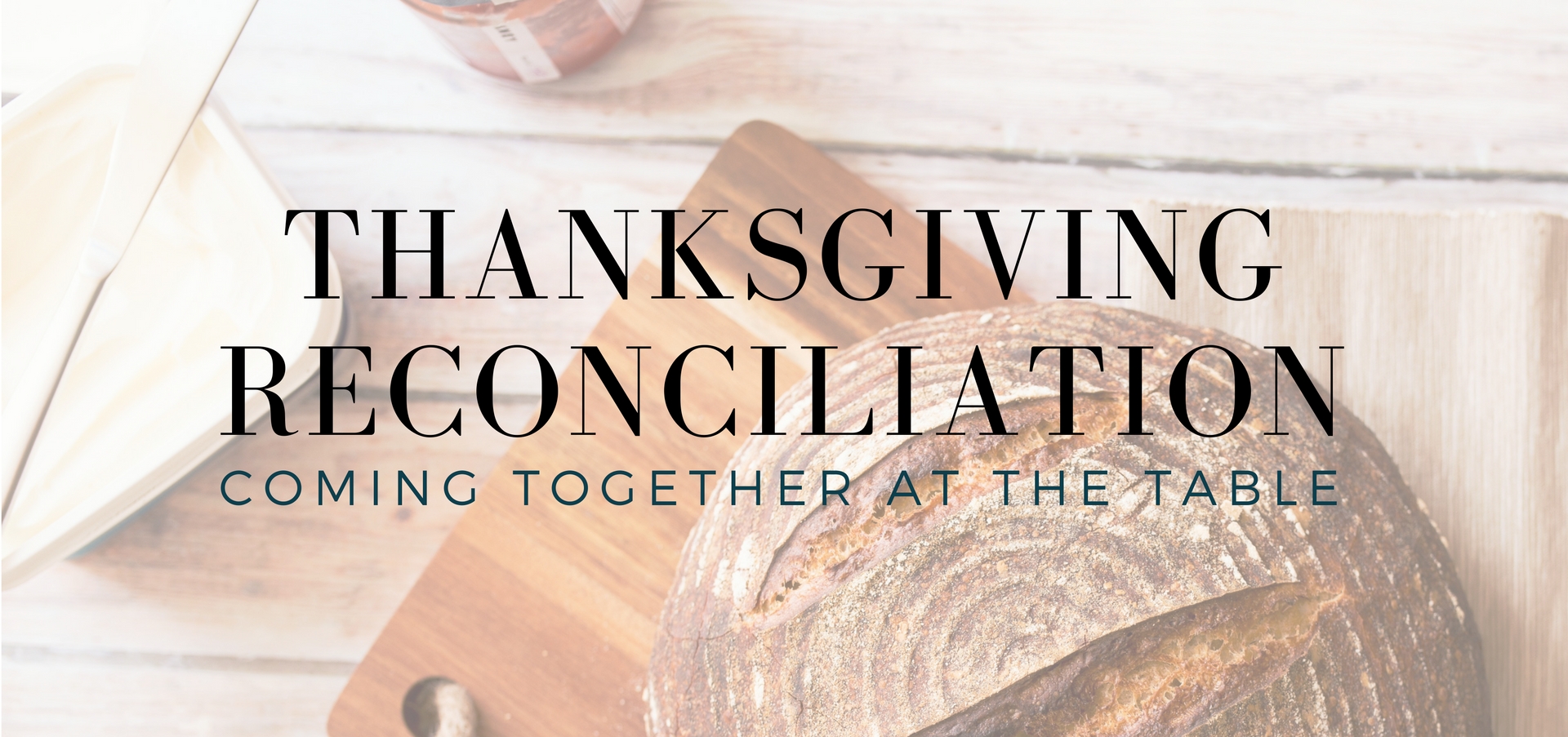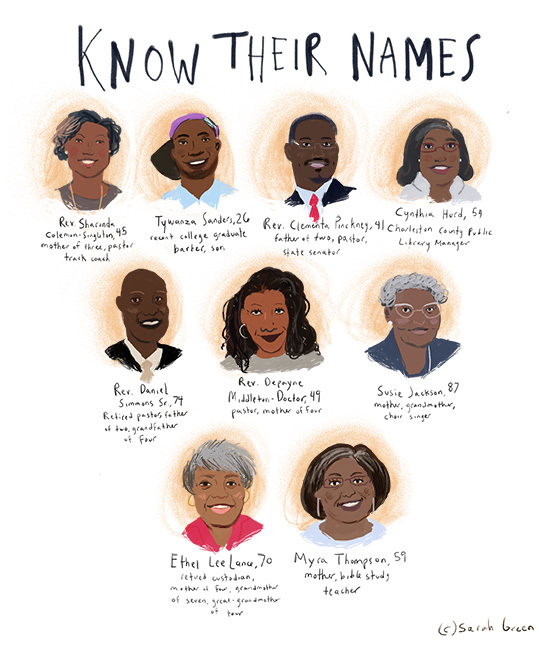Thanksgiving, as we recognize it today, was invented in hopes of preventing the war that we now refer to as the American Civil War.
The hope was that pulling together family around a table to appreciate one another would keep families together. That one really good meal focused on our gratitude and abundance would help mend differences. That war could be avoided.
Obviously, that it didn’t work.
Still, I think this is the history we should be telling about Thanksgiving this year. It’s a tradition on which we can build.
I don’t know what the table conversations were like in the year 1860. Did matriarchs, in hopes of keeping their sons alive, guide the conversation to each party’s investment in the policies and issues of the national debates? Or did they, like the matriarchs in my home, firmly guide the conversation back to the weather or the game when anything political began to surface?
Regardless of how we, as a people, have answered this question in the past, I know one thing to be true: Gathering around a table isn’t enough on its own. The meal alone doesn’t change hearts or minds. We can eat together and be at each other’s throats, even in the same moment.
I’m considering myself lucky that I chose Christmas to be my holiday with family this year. It gives me just a little more time to prepare myself. And it gives me an opportunity to celebrate the community I’ve found here.
But I also wonder if I’m losing out on an opportunity for reconciliation. My “friendsgiving” group is diverse in many ways, but not politically.
I live in Seattle, a notoriously liberal city. It stands to reason, both by location and by personal preference, that the majority of my friends are highly educated bleeding heart liberals. We grieve this election. We lament the racist systems of our nation, and the white supremacy that is becoming more evident and more powerful.
It might be possible that our humanity is no better and no worse than the white supremacists.
Which is hard to admit, but here’s the thing: White supremacists think they’re better than people of color, for whatever string of reasons. I think I’m better than white supremacists, because I’m more understanding and empathetic and aware of the impact of historical oppression on present systems and aware of my own privilege in those systems.
As long as we’re thinking we’re better than anyone, we’re standing on separate hills shouting, “God, I thank you that I am not like them.” All that’s different is how we define the them. “God, I thank you that I am not like the welfare queens and the homos and thugs.” “God, I thank you that I am not like the ignorant and the hicks and the hateful.”
Perhaps we could stand side by side as we pray, “God, have mercy on me, a sinner, consumed by hatred.”
The familial holiday table a hard place to be in, as a white woman. If I bring up politics, I betray my family. I betray our (not entirely unspoken) agreement to not acknowledge our differences. I betray my role in the family as a peacekeeper. I betray my role as a woman, which requires me to vigilantly maintain relationships.
And yet, if I’m loyal to my family, I betray my black and latino and asian-american friends. I become complicit in their oppression by not working for reconciliation, by not entering into uncomfortable conversations that might lead to new understandings.
The question isn’t if I will betray, or when. The question is who I am choosing to betray in each moment.
I’m hoping to be able to find a way to honor both my family and my friends.
If I can be curious about my family’s understanding, curious about their circumstances, perhaps I’ll be able to understand them. Perhaps my curiosity will spark their own. Perhaps I can listen deeply enough to understand their vote and their viewpoint, to be able to imagine a life that would lead to that understanding.
Perhaps my openness to their experiences will help them relax enough to be open to mine.
And if it doesn’t, perhaps I can be mature enough to deepen the relationship until they are.
I don’t have any delusions that reconciliation across my family will mend the national political conversation. But if enough of us did it, couldn’t it be the start of something wondrous?
As a child, my teachers and family pretended that Thanksgiving was about pilgrims and native peoples making friends. The story is problematic in lots of ways, though perhaps we can use it to practice ways of tolerating complex people in desperate times. Perhaps there’s a way to tell the story that acknowledges that hatred was born of fear, that fear was born of lack of understanding and lack of compassion and lack of imagination in desperate times. That’s a story that feels relevant.
This year, I’m telling the story of the modern Thanksgiving that was born out of the desire to reconcile before our nation was torn asunder. In our era, the table feels like an equally important gathering place. Our geopolitical lines are not drawn so neatly; it is every many cities versus their surrounding countryside, each state’s urban areas versus their rural neighbors. We must find a way to meet at common tables. Change for the nation will only occur through conversations founded on compassionate conversations that go both ways, in the context of meaningful relationships.
In our capitalist society, we readily see “coming to the table” as a metaphor for negotiation.
As a Christian, I am weekly formed to see the table as a place of reconciliation. A place in which bread is freely offered, with nothing asked in return. If I am metabolized into the body of that bread, perhaps I can freely offer my ears and willingness to understand without asking to be understood in return.
I’m not sure I’m strong enough for it. I’m not sure what other options I have.
God, have mercy on me, a sinner.



![The Prophetic Works of Lady Gaga - [from Literate Theology]](https://kateraedavis.com/wp-content/uploads/2016/01/prophet-gaga-1.jpg)



